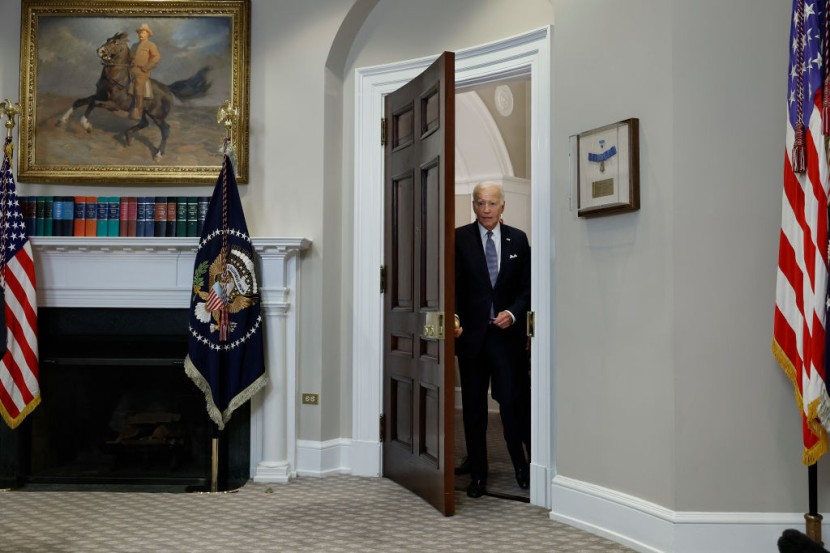A letter from Attorney General Merrick Garland to lawmakers on Wednesday revealed that the special counsel appointed by the Justice Department to investigate President Joe Biden's treatment of classified documents has concluded the inquiry.

The Associated Press reported that Garland didn't detail the conclusions of the report from special counsel Robert Hur, but said he was committed to disclosing as much of the document as possible once the White House completes a review for potential executive privilege concerns. That process is expected to be completed by the end of the week, said Ian Sams, a spokesman for the White House counsel's office.
Over the course of a year, the investigation primarily revolved around President Joe Biden's mishandling of classified documents during his time as a U.S. senator and vice president.
According to the AP, classified documents were found at his Delaware residence and a private office he used during the transition from the Obama administration to his presidency.
NBC News disclosed special counsel Robert Hur has declined to prosecute President Joe Biden for his handling of classified documents but said Biden's practices "present serious risks to national security" and added that Biden portrayed himself as an "elderly man with a poor memory" who would be sympathetic to a jury.
"Our investigation uncovered evidence that President Biden willfully retained and disclosed classified materials after his vice presidency when he was a private citizen," the report said, but the evidence "does not establish Mr. Biden's guilt beyond a reasonable doubt."
Biden is allegedly pleased with the outcome.
What Does Biden's Special Counsel Think?
In a Monday letter to Hur and his deputy special counsel, Richard Sauber, special counsel to the president, and Bob Bauer, Biden's personal counsel, refuted how the report characterized the president's memory.
"We do not believe that the report's treatment of President Biden's memory is accurate or appropriate," Sauber and Bauer wrote in the letter. "The report uses highly prejudicial language to describe a commonplace occurrence among witnesses: a lack of recall of years-old events."









